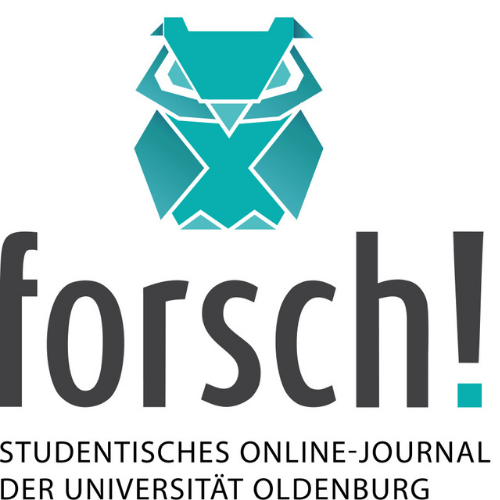Designing a Model for Puerto Rico: A Micro-Grid Case Study of Transmission following Hurricane Maria
Abstract
Margo Stokebrand
Abdullah Abu Sayed
Abstract
When Hurricane Maria struck Puerto Rico in 2017, disconnect between the Federal Emergency Management Agency (FEMA) relief team and local responders led to the disorganization of resources and loss of communication in the period following the hurricane. This proposal aims to explore “how micro-grid emergency infrastructure can relieve energy demand in disaster zones” by identifying renewable alternatives to generator installations. Specifically, this project will develop a model which may represent the national grid when all generation sources are solar and battery based. The developed model will evaluate the performance of solar micro-grid systems given the condition and resources available following Hurricane Maria. This study will propose energy systems alternatives available during a crisis so that response teams may have a more reliable, and sustainable power source when distributing and tracking resources, performing Critical Risk Assessments, and delivering messages to the affected population and coordinating responders.
Bitte zitieren Sie diesen Beitrag wie folgt:
Stokebrand, M., & Sayed, A.A. (2025). Designing a Model for Puerto Rico: A Micro-Grid Case Study of Transmission following Hurricane Maria, "forsch!" - Studentisches Online-Journal der Universität Oldenburg, 1.
https://nbn-resolving.org/urn:nbn:de:101:1-2507161806416.020426219408
Downloads
Veröffentlicht
Ausgabe
Rubrik
Lizenz
Copyright (c) 2025 Margo Stokebrand, Abdullah Abu Sayed

Dieses Werk steht unter der Lizenz Creative Commons Namensnennung 3.0 International.




